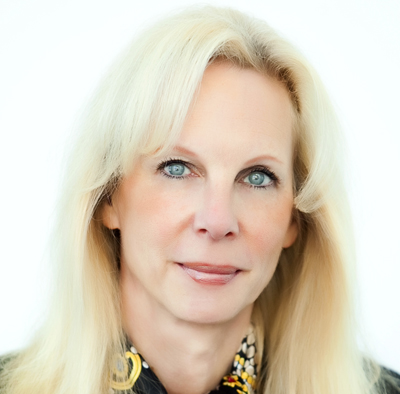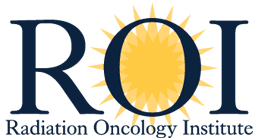Deborah A. Kuban, MD, FASTRO

What do you like to do in your free time?
What free time? Okay, that’s cliché. But it is true that we don’t have enough of it. Actually, I like art and antiques and like to travel to find them. I am decorating a new house. And, of course, I love to shop. It’s always a quest for that perfect something. One of my favorite days off is to wake up with nothing planned for the day, no “have tos”. Time in my rose garden, at the pool or just enjoying time at home is a treat, since I feel like I am there so little. Dinner with friends is always fun.
Why do you support ROI?
Why wouldn’t I? This is my professional life, radiation oncology. This is what we do every day, and for whatever reason you are in it, why wouldn’t you support it? If we all chose to “let someone else do it,” we wouldn’t get very far, would we? There is so much we can and should do to benefit the specialty, which ultimately will benefit us and our patients.
How do you envision your donation being used?
Wisely. A group of incredible talent has been assembled from the ROI membership to plan for the first initiatives. These are some of the most credible, productive and knowledgeable people in or associated with our specialty. I have no doubt that they will be good stewards of our interests and priorities.
Why should others donate to ROI?
Because we have an obligation to move our specialty forward, both as individuals and as a group. We need to demonstrate the value of our treatment to cancer patients, their physicians and the public in general. We can't just say it. We need data, impact analyses, outcomes and practice pattern assessment. Armed with facts, we need to educate our medical colleagues, payers, regulators and the public. An excellent example of a much needed ROI initiative is the research and information that is necessary to address the current cost-effectiveness questions being raised in the present healthcare environment. Who will represent us? Who will beat the radiation oncology drum? Wouldn't it be nice to have a credible, well-funded organization to look after our interests? ASTRO just went to bat to avert the impending reimbursement crisis, but ASTRO is not equipped to do the research and education that is necessary to position ourselves not only for the present but also for the future.
What are your hopes for the future of radiation oncology?
That we continue to become stronger as a specialty and to have even more to offer patients. We must use our tools wisely and appropriately and let patients know what we have to offer. What a tragedy when you see a patient after the fact and you feel certain that they would likely have benefited from radiation. We need to be an integral part of the multidisciplinary team and patients must be aware of and understand their treatment options. Not only do I hope that our outcomes will just keep getting better, but I feel certain that will be the case.
What did you want to be when you grew up?
My mother, who was a nurse for a general practitioner, would bring home pharmaceutical samples, and I would quiz her on what the medicines were meant to treat. It was all fairly benign stuff, probably over-the-counter now. One day at age four, I packed a bag with the samples and went to my neighbors up and down the street. I offered them remedies for all their ailments and charged, of course. I guess I did a pretty good job of prescribing since some of them came and asked my mother for more. So I guess it was either doctor or saleswoman.
Dr. Kuban is professor of radiation oncology, genitourinary section chief and medical director of the Multidisciplinary Prostate Cancer Clinic at the University of Texas M.D. Anderson Cancer Center in Houston. She is a trustee in the ROI Founder's Circle and ROI President.














